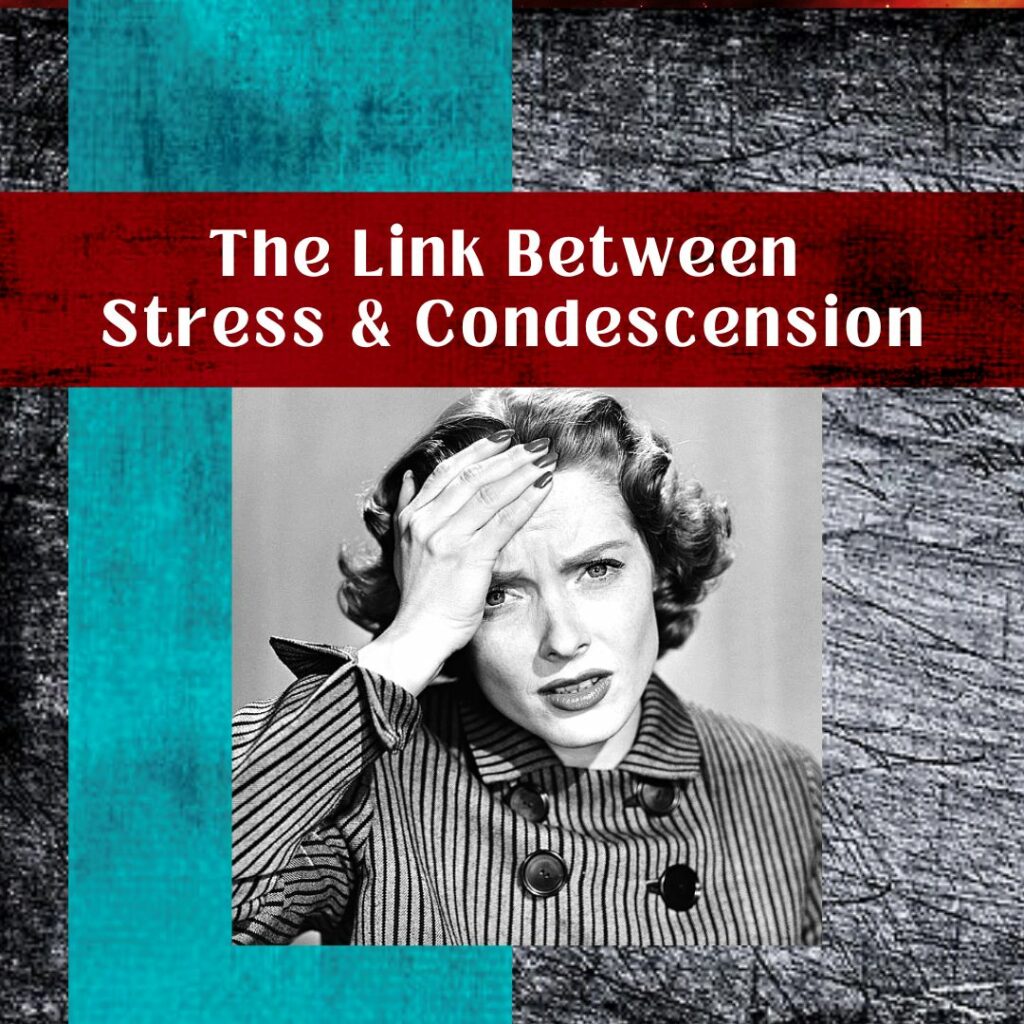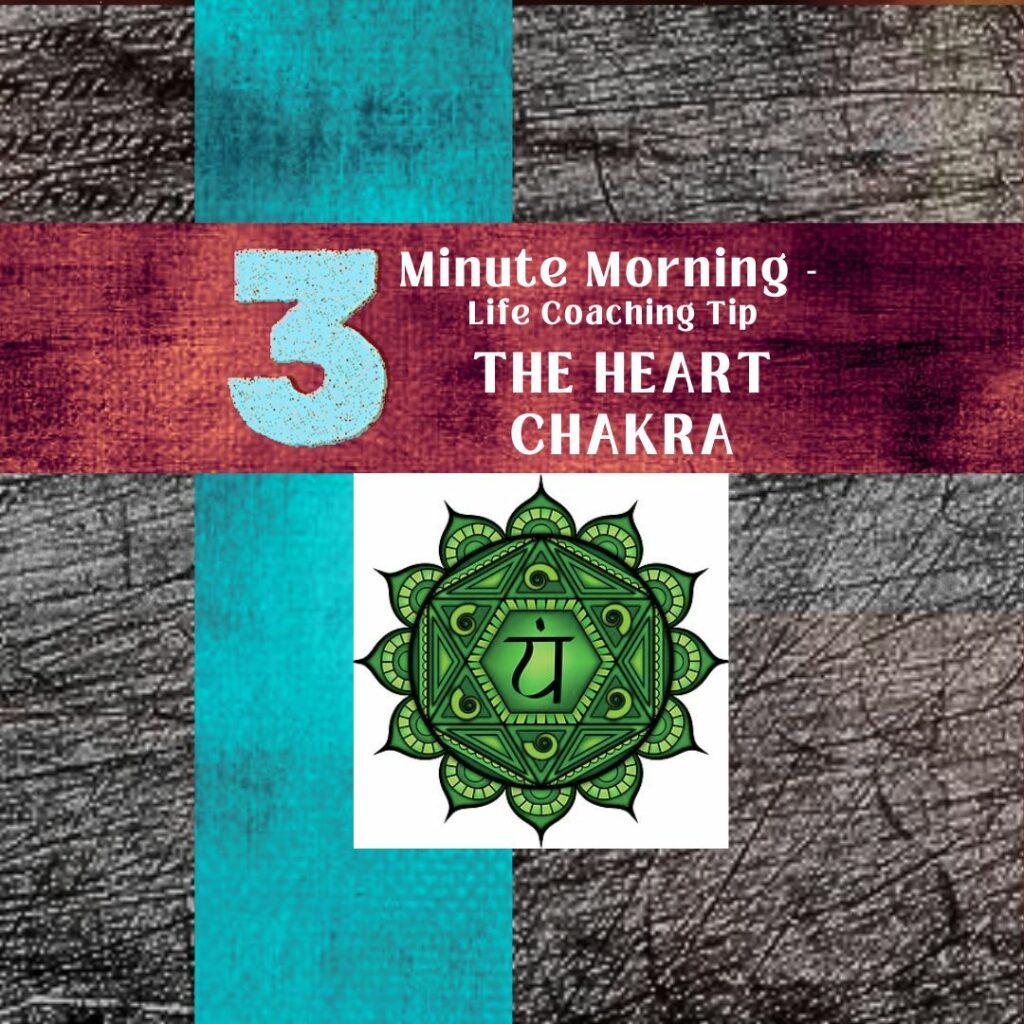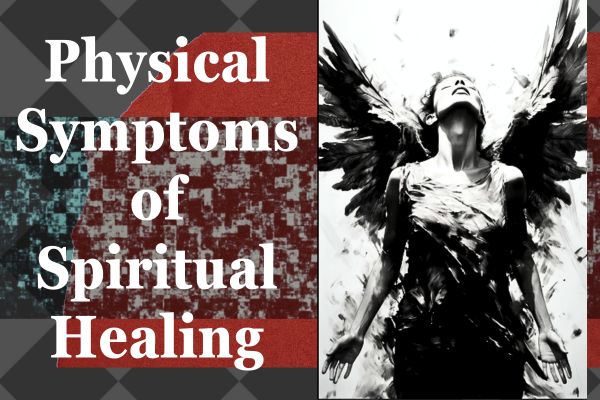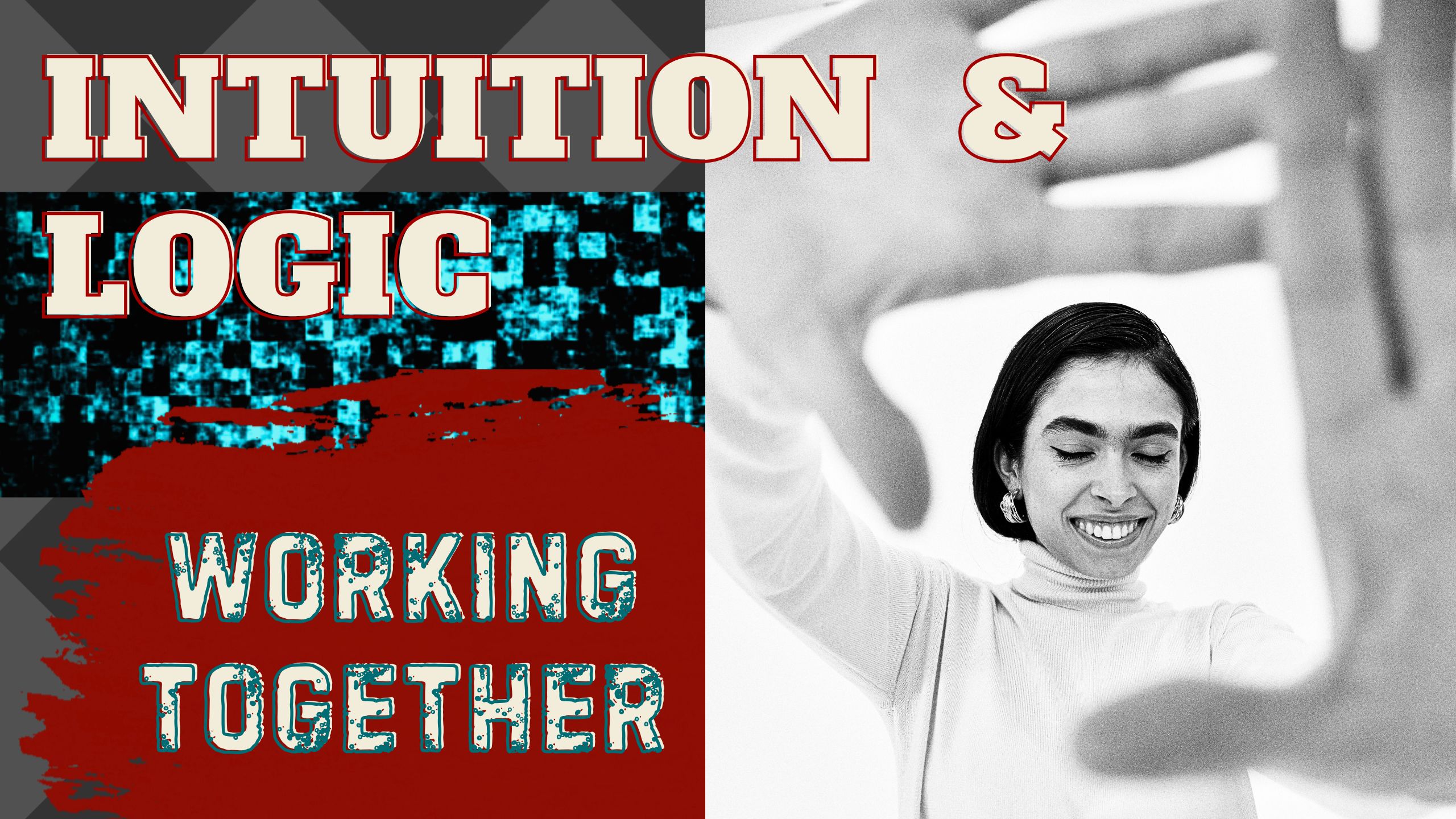In this session, I refer to an old publication of essays on Zen Buddhism.
The author was a Zen master and professor at the Otani Buddhist College in Kyoto, Japan.
The professor’s name is Daisetz Teitaro Suzuki.
In this talk, I discuss Suzuki’s essay on exactly what Satori is and why Suzuki believed that it’s at the very heart of Zen.
Below is a (static image) video and transcript…
TRANSCRIPT
Hello, this is Renee, and in today’s session I want to discuss Zen Buddhism. Now, there are several branches of Buddhism, and it’s a rather complex spiritual philosophy.
Today though, we’re going to concentrate on Zen, and in particular on essays written by a master of Zen and a professor at a Buddhist college.
The writing I’m referring to is entitled Essays in Zen Buddhism, by Des Zetts. Teitaro Suzuki, who was a professor of Zen Buddhism at the Otani Buddhist College in Kyoto, Japan.
This was publish in 1927.
Professor Suzuki believed that it was Satori that was at the heart of Zen. In this session, I’m going to concentrate specifically on what Satori is.
So I’ll be reading from this essay entitled On Satori, The Revelation of a New Truth in Zen Buddhism.
“The essence of Zen Buddhism consists in acquiring a new viewpoint of looking at life and at many things in general. By this, it’s meant that we want to get to the innermost life of Zen. We must forego all ordinary habits of thinking, which control our everyday life.
We must try to see if there is any other way of judging things. If we feel dissatisfied somehow with our life, if there’s something in our ordinary way of living that deprives us of freedom in its most sanctified sense, we must endeavor to find a way which gives us a sense of finality and contentment.
Zen proposes to do this for us and assures us of the acquirement of a new point of view in which life assumes a fresher, deeper, and more satisfying aspect.
The acquirement of Zen, however, is really and naturally the greatest mental cataclysm one can go through in their lifetime.
It is no easy task.
It is a kind of fiery baptism, and one has to go through the storm, the earthquake, the overthrowing of the mountains, and the breaking into pieces of the rocks.
This acquiring of a new point of view in our dealings with life and the world is popularly called by Japanese Zen students, Satori.
It is really another name for enlightenment, which is the word used by the Buddha and his Indian followers ever since his realization under the Bodhi tree.
There are several other phrases in Chinese designating this spiritual experience.
At all events, though, there is no Zen without Satori, which is indeed the Alpha and the Omega of Zen Buddhism.
Zen devoid of Satori is like the sun without its light and heat. But the contention is, the life of Zen begins with the opening of Satori.
Okay, so I was paraphrasing a little bit because the writing style in the early 20th century is a little bit cumbersome, but clearly the emphasis here is on how important Satori is to Zen.
Essentially, Professor Suzuki is saying that there is no Zen without Satori.
So I’m going to continue to read this essay, and we’ll discover exactly what Satori is.
Satori may be defined as an intuitive looking into the nature of things in contradistinction to the analytical or logical understanding of it.
Practically, it means the unfolding of a new world which beforehand was unperceived in the confusion of a dualistically trained mind.
Or we may say that with Satori, our entire surroundings are viewed from quite an unexpected angle of perception.
Whatever this is.
The world for those who have gained a satori is no more the old world as it used to be.
Even with all its flowing streams and burning fires, it is never the same again.
Logically stated, all its opposites and contraindications are united and harmonized into a consistent, organic whole.
This is a mystery and a miracle, but according to Zen masters, such is being performed every day.
Satori can thus only be had through our once personally experiencing it. “
So, this sounds to me like this is a deeply personal experience.
Where our minds, which are normally weighing things and thinking in a dualistic manner and judging things; we suddenly see everything as connected at its source.
This is not unlike many other religious and spiritual philosophies out there.
So, that is a moment of Satori.
I also think moments like that can happen on a daily basis, or even just once in a while, but Satori is something to be experienced more than once.
Every moment is new, it holds new fresh power,.
Although I think some people on this planet are enlightened and stay anchored in the present moment throughout their lives, most of us have to come back to that.
Once we get the hang of it, it gets easier to come back to the present moment and enlightenment and a sense of Satori.
We have to experience that first, where all that dualistic thinking and the judgment sort of melts away, and we see everything as coming from one source.
That’s how I see that. So I think it’s quite brilliant.
I’d love to hear what you think Satori is and your personal experience with it.










